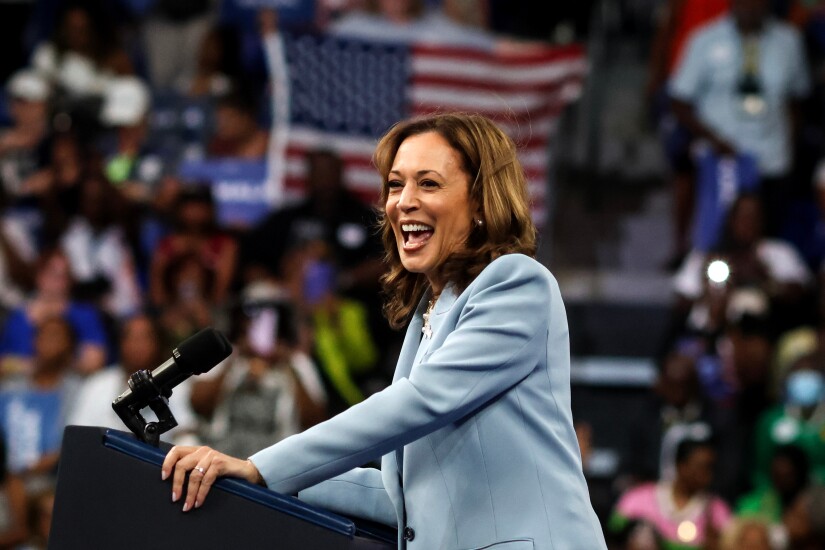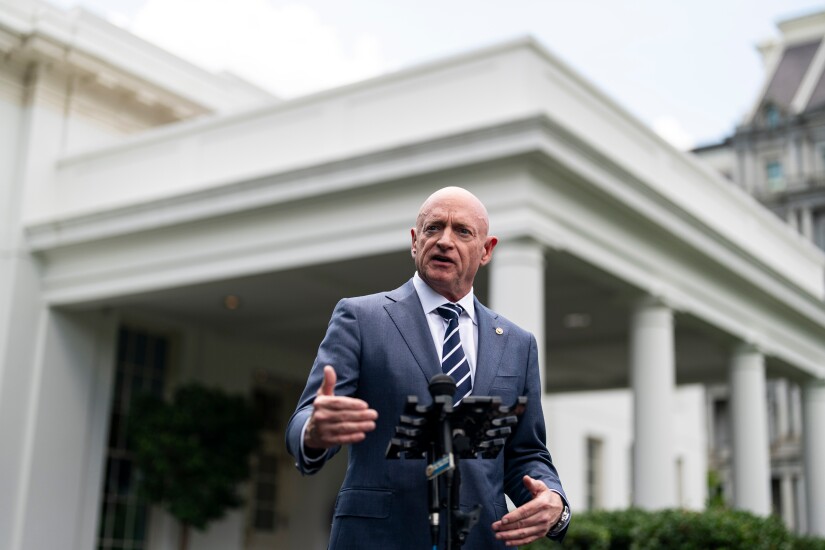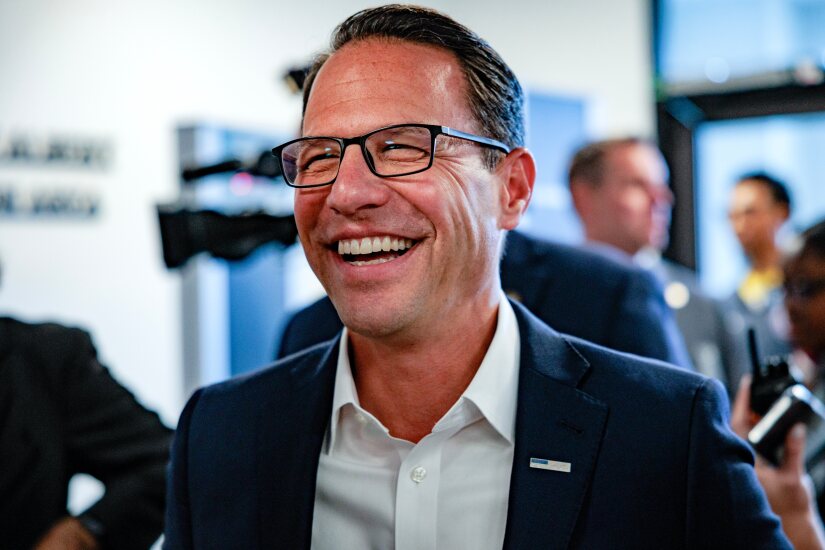WASHINGTON — With just two weeks to go before the Democratic National Convention in Chicago, Vice President Kamala Harris is reportedly narrowing the field on her vice presidential pick.
Harris — who is scheduled to appear with her running mate Tuesday afternoon at a rally in Philadelphia — is expected to choose a white, male moderate who might quell misgivings among swing voters. Some at the top of the field are governors of swing states or Democratic governors who outperformed the Biden-Harris ticket in 2020.
Harris herself has a
Vice presidents don't necessarily shape policy; the first vice president, John Adams, famously called the vice presidency "the most insignificant office that ever the invention of man contrived or his imagination conceived." But some presidents rely on their vice presidents quite a bit in shaping policy and taking charge of important priorities, most notably Vice President Dick Cheney during the George W. Bush administration and Vice President Joe Biden during Barack Obama's presidency.
Who Harris picks — and what they think about bank policy — could be an important indicator of how the administration might approach significant banking issues.
Here's what each of the likely final vice presidential candidates for the Democratic ticket have said and done when it comes to banking and financial policy issues during their tenures, appearing in alphabetical order:










